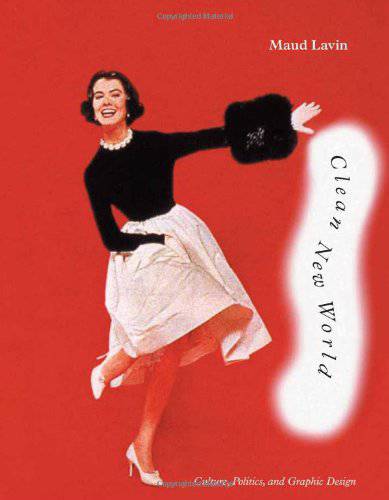Our culture is dominated by the visual. Yet most writing on design reflects a narrow preoccupation with products, biographies, and design influences. Maud Lavin approaches design from the broader field of visual culture criticism, asking challenging questions about about who really has a voice in the culture and what unseen influences affect the look of things designers produce. Lavin shows how design fits into larger questions of power, democracy, and communication. Many corporate clients instruct designers to convey order and clarity in order to give their companies the look of a clean new world. But since designers cannot clean up messy reality, Lavin shows, they often end up simply veiling it. Lacking the power to influence the content of their commercial work, many designers work simultaneously on other, more fulfilling projects. Lavin is especially interested in the graphic designer's role in shaping cultural norms. She examines the anti-Nazi propaganda of John Heartfield, the modernist utopian design of Kurt Schwitters and the neue ring werbegestalter, the alternative images of women by studio ringl + pit, the activist work of such contemporary designers as Marlene McCarty and Sheila Levrant de Bretteville, and the Internet innovations of David Steuer and others. Throughout the book, Lavin asks how designers can expand the pleasure, democracy, and vitality of communication.
